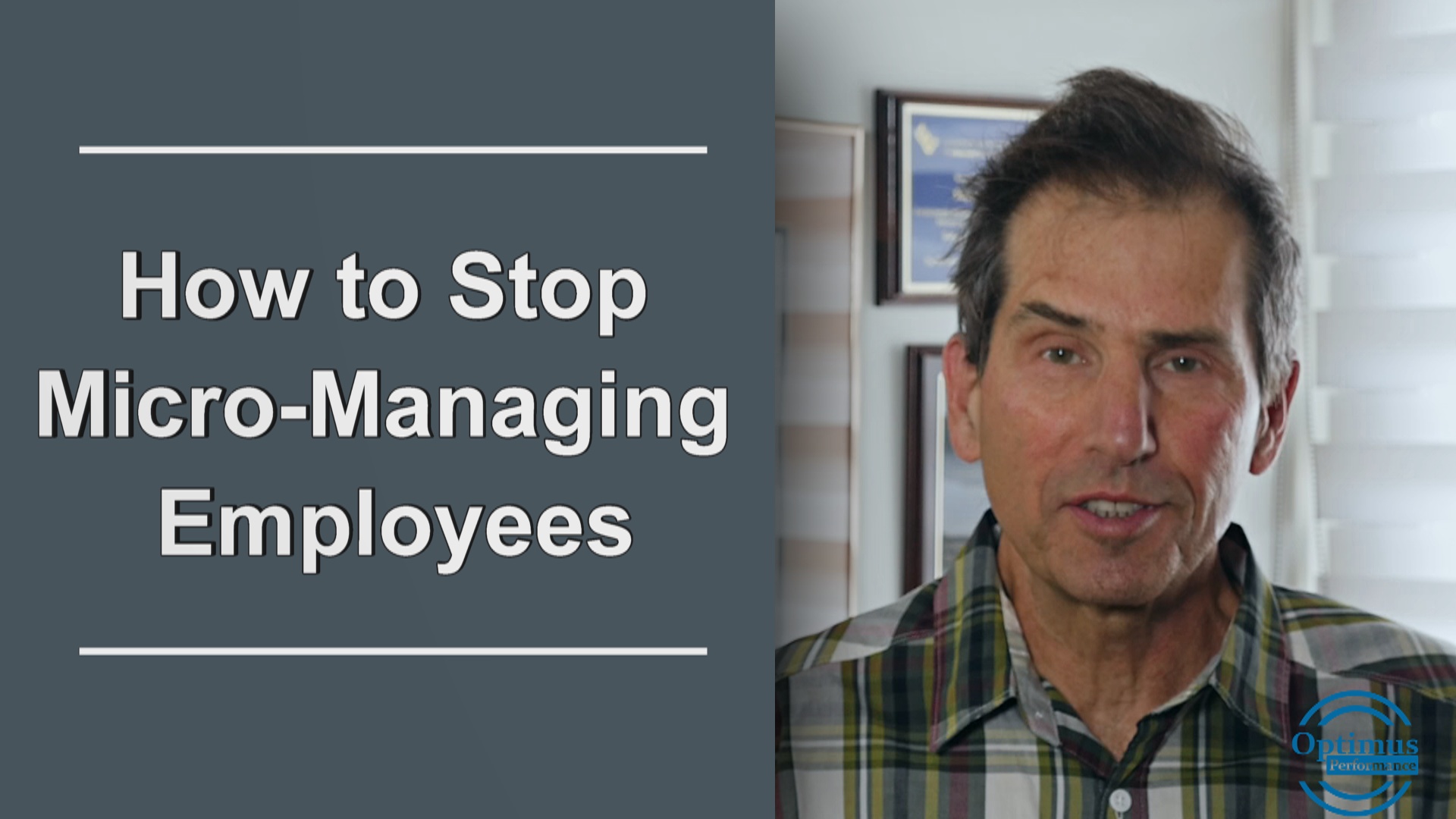Micromanaging employees does not work to have employees perform better. It causes people to become dependant on the manager to be told what to do and most employees hate it. Talented employees will after a while of being micromanaged seek another job.
Just the other day I was interviewing a candidate for a job with my client and he told me one of the key reasons he was looking for a change was because his boss micromanaged him.
Managers micromanage people because they fear losing control. A manager is responsible for the productivity and performance of their staff, but there are better ways to manage performance.
To stop micromanaging but still feel on top of things, you can apply this best practice approach.
- Discuss and agree on performance expectations with employees. You can ask employees to propose their own performance commitments and discuss until you find common ground. This is best done with mature employees. Otherwise have a discussion and propose what you want as commitments. Make sure to write everything down for later reference.
- Discuss and agree on support needed by the employee to achieve the desired performance expectations. Make sure you provide the support, or the resources needed.
- Set up a way to track and measure progress. These are key performance indicators (KPI’s). Make sure it is easy to do and whenever possible have the employee input the data or keep track for review with you.
- Make sure to schedule regular follow-ups to discuss the KPI’s and the support commitments you made.
This is a simple process that will allow you to evolve from a micromanager to a leader who empowers people to meet their own performance commitments. Employees will go from resenting your management style to appreciating you as a good leader.
